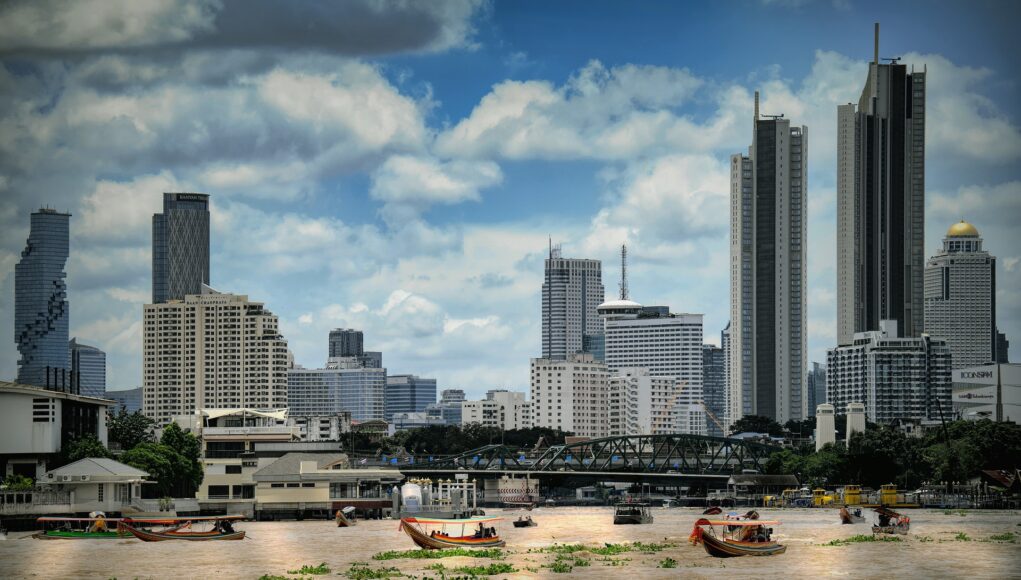Thailand homebuyers are now focused on health, the environment and saving money on energy bills when looking for a new house or condominium. While many developers across the Kingdom are already doing more to address these concerns, LPN’s research outfit, Lumpini Wisdom and Solution, believes more work is required.
Praphansak Rakchaiwan, Lumpini Wisdom CEO, told The Nation that prospective Thailand homebuyers are increasingly concerned about these three areas as the fallout from COVID-19 and soaring energy prices. That means homebuilders will need to increase adoption of passive designs which cool while enhancing natural light, provide more green spaces; and install solar panels as well as electric vehicle charging stations.
Late last year, Sansiri and Sena Development urged mortgage lenders to lower interest rates on energy-saving homes which remain more expensive than regular housing for the most part. While it is not unusual for high-end projects to come equipped with solar panels, many newly launched developments are still only offering this as an add-on option.
On the other hand, Thai firms have been proactive when it comes to incorporating greenery at their projects. The gold standard in that regard has been The Forestias from Magnolia Quality Development Corporation (MQDC) which boasts approximately 32 hectares of parks, wooded areas and other nature spaces.
In Phuket, Villa Qabalah is a villa estate focused on wellbeing and connecting residents with nature. Around 75 percent of the project is dedicated to greenery with more than 100 different species of trees found on the grounds. Additionally, steps have been taken to establish a clean, uncontaminated environment that provides fresh air through designs that improve ventilation.
Serene Condominium is another Phuket development that has emphasized health, the environment and saving money on electricity through a host of innovations. Non-recycled plastics have been banned from the project while ceilings in common areas are equipped with Green Board, a product made entirely from recycled material. Elsewhere, precast Thai Expended Clay Aggregate (TEXCA) Walls were used to improve energy efficiency throughout.
These examples are proof that real estate developers in Thailand can launch projects that meet the changing needs of homebuyers. However, more firms must be willing to leave their comfort zone and join them in launching new developments that offer improved wellbeing and energy efficiency while providing green spaces.
Also Interesting: The truth about buying Thailand property with cryptocurrency


































